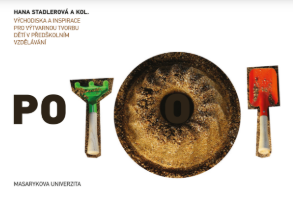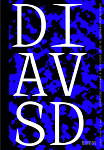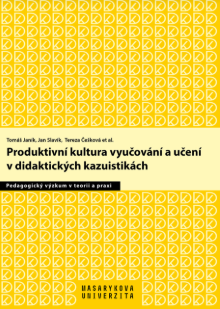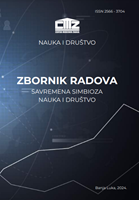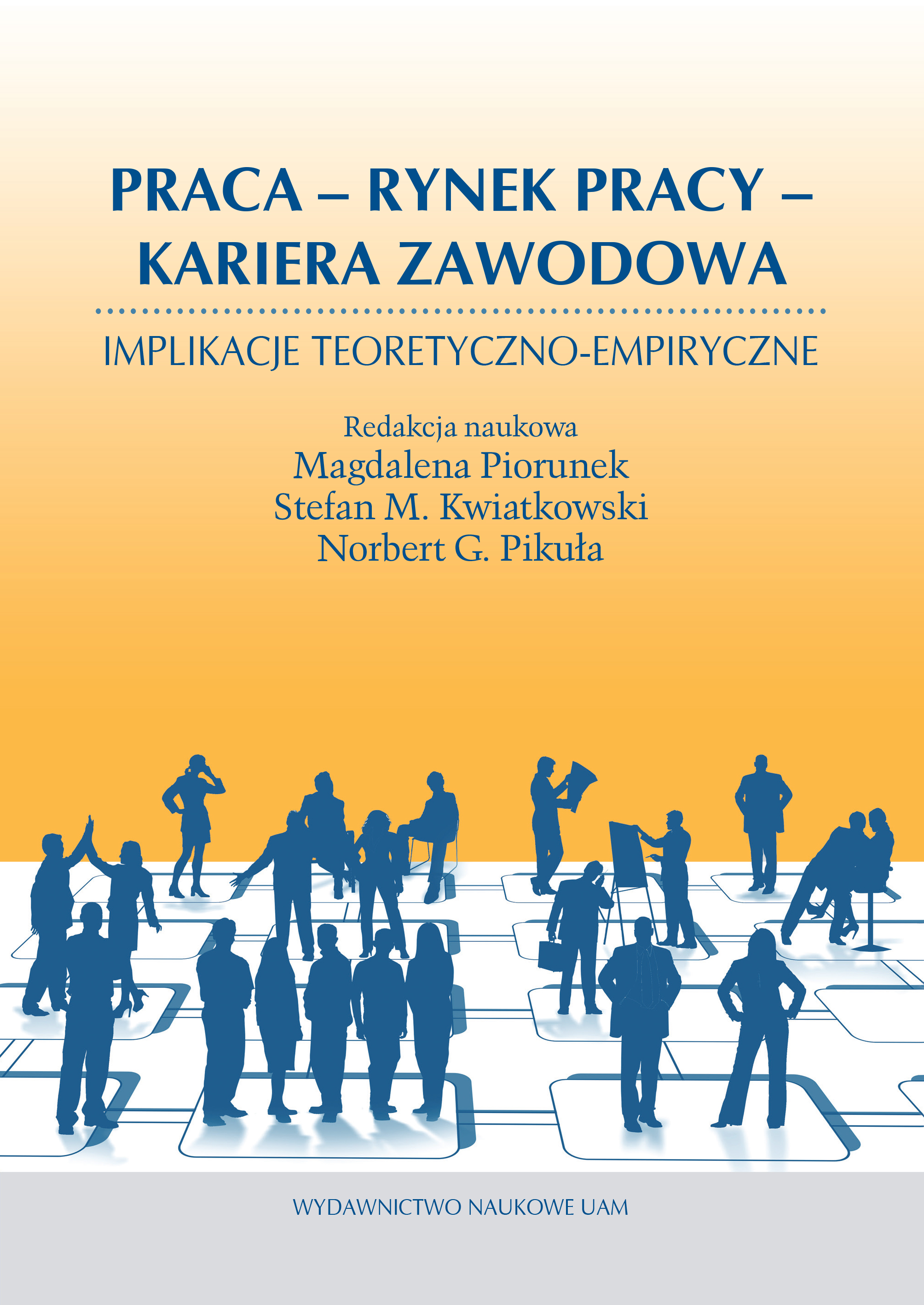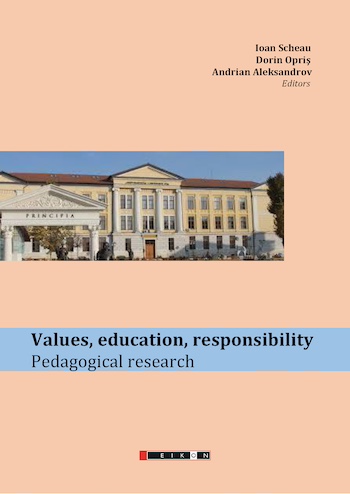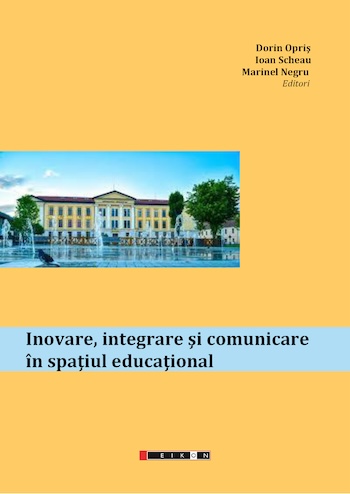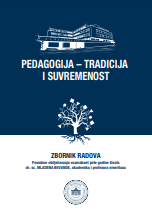Author(s): Pavel Boček / Language(s): Czech
Publication Year: 0
S jeho jménem a vládou je spojeno jedno z nejkomplikovanějších a také nejtragičtějších období v ruských dějinách. Za jeho vlády se ruská říše výrazným způsobem proměnila a z málo známé země „na konci světa“ se stala součástí evropského dění. Svým způsobem vlády, chováním vůči okolí a také svými životními osudy první ruský car budil velkou pozornost už v době své vlády a budí ji dodnes. Řadu otázek podněcují dokumentární i umělecké filmy, odborné i popularizační práce věnované Ivanovi. Zapomenout nelze ani tendence využívat, až zneužívat Ivanovu osobnost v politice, jež jsou patrné od počátku 19. století dodnes. V době, kdy Ivan IV. panoval, docházelo v Evropě k událostem, jež ji podstatným způsobem proměňovaly: reformace, objevné plavby, trvalé konflikty s osmanskou říší, tendence prosazovat absolutistickou podobu vlády. Důsledky těchto událostí se v různé míře projevovaly i v rurikovské říši, jíž se v západní a střední Evropě říkalo podle hlavního města Moskovia, protože za ruskou byla považována ta část východní Evropy, jež byla součástí litevského velkoknížectví a polského království. Od 70. let 15. století začala být Moskovia považována za možného spojence proti Turkům. Právě tato naděje na získání moskevské pomoci byla podstatným impulsem k rozvoji diplomatických kontaktů mezi Moskovií na straně jedné a císařským dvorem a papežskou kurií na straně druhé. Dalším důsledkem byla snaha získávat detailnější informace o poměrech panujících v dosud málo známé říši. Ve dvacátých letech 16. století bylo vytištěno několik spisů, které však vznikly na základě rozhovorů s ruskými diplomaty, nemůže proto překvapit jejich tendence idealizovat situaci v Moskovii. Nejvýrazněji se projevila ve zveličování počtu bojovníků, které měl mít moskevský panovník k dispozici. Až závistivým způsobem obdivovali stabilitu náboženských poměrů v dominantně pravoslavné říši především římští papežové, kteří museli čelit rychlému nástupu reformace. Situace se změnila právě za panování Ivana IV., jenž svoji vládu zahájil jako první mezi ruskými panovníky carskou korunovací, jež měla především demonstrovat sílu a autoritu na mezinárodním poli. Ivan bývá právem považován za zakladatele a tvůrce moskevské imperiální politiky. Na rozdíl od svých předchůdců na trůně začal dobývat země, jež nikdy nepatřily nikomu ze členů Rurikova rodu. V letech 1552 a 1556 dobyl kazaňský a astrachaňský chanát, získal tak do svého držení celý tok řeky Volhy, tradičně důležité obchodní tepny, a tím se zároveň Moskovii otevřela cesta k pronikání na Sibiř. Podnětem k další proměně ruské politiky ve vztahu k západní Evropě se stala návštěva Richarda Chancellora v Moskvě v roce 1553. Richard Chancellor byl kapitánem jedné ze tří lodí vyslaných anglickým králem Eduardem VI. s úkolem proplout Severním ledovým oceánem a najít cestu do Číny a do Indie. Dvě z lodí ztroskotaly na Severním mysu, Chancellor se svou lodí přistál v ústí řeky Severní Dviny, odkud byl vypraven do Moskvy, kde se mu dostalo cti v podobě carské audience. Výsledkem tohoto vlastně náhodného setkání bylo navázání intenzivnějších obchodních a politických kontaktů s Anglií a posléze s Nizozemím. Perspektivu rozvoje kontaktů s oběma námořními a obchodními velmocemi limitovala skutečnost, že Moskovia neměla přístav na Baltském moři a také vlastní námořní loďstvo. Ivan osobně dohlížel na budování přístavu v Archangelsku a také jej podporoval, přístav byl dokončen v roce 1584. Potřeba vlastnit přístav na Baltu se stala jednou z příčin zahájení livonské války v roce 1558. Ivanovi se v první fázi války povedlo ovládnout velkou část území Livonského řádu a zdálo se, že dosáhne svého cíle. Příměří uzavřené v roce 1559 pod tlakem polské, litevské, dánské a švédské diplomacie využili řádoví představitelé k jednání s polským králem a litevským velkoknížetem Zikmundem II. Augustem, jejich výsledkem byla Vilenská unie podepsaná na podzim roku 1561. Znamenala zánik Livonského řádu, velká část území, jež mu patřila, přešla do polského a litevského držení. Poslední velmistr Gotthard Kettler přešel k luteránství a stal se vévodou kuronským. Moskovia se od tohoto okamžiku dostávala do války s Polskem, Litvou a Švédskem a definitivně se stávala součástí evropského politického dění. Excesy, jichž se dopouštěla Ivanova vojska například při dobytí Polocka v únoru roku 1563, přispěla k proměně ruského obrazu v celé střední a západní Evropě. Zprávy v dobových novinách a letácích prezentují Ivana jako barbarského vládce, který se neštítí nejkrutějších zvěrstev. Příznačná jsou dobová vyobrazení na anonymních letácích. Válka měla proměnlivou podobu, definitivní zvrat v Ivanův neprospěch přinesla volba Štěpána Báthoryho polským králem a litevským velkoknížetem. Energický a velmi schopný vojevůdce postupně vytlačil ruského cara z Livonska a začal ohrožovat jeho vlastní země. V kritické situaci, jež hrozila katastrofální porážkou, požádal Ivan o pomoc papeže Řehoře XIII., který vypravil do východní Evropy excelentního diplomata a velmi vzdělaného jezuitu Antonia Possevina. Possevino dokázal přimět polského a švédského krále k uzavření příměří s ruským carem, který musel ustoupit svým soupeřům významná území. První válečný konflikt, jehož průběh sledovala a různým způsobem ovlivňovala řada evropských mocností, skončil pro Moskovii zásadním neúspěchem. Cílem výuky je blíže se seznámit s osobností cara Ivana IV. Hrozného, pomocí badatelského vyučování přiblížit hlavní problémy jeho vlády a pochopit na základě takto získaných poznatků fenomén ruského samoděržaví a jeho tvůrce.
More...
